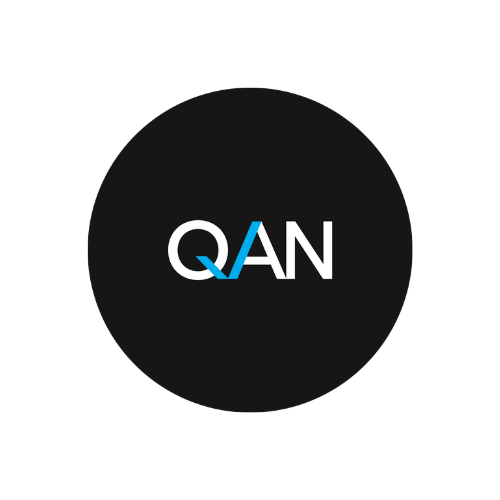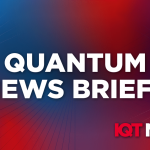QANplatform Quantum-Resistant Technology Implemented by EU Country

Editor’s Note: I asked QANplatform to reveal the name of the EU country that is using their technology, and because they told me this was of the highest security for that country, they could not share this information with me, so the country is not named the article below.
Quantum security company QANplatform has announced that its quantum-resistant technology is now being employed within the public sector of an EU country, marking a significant step forward in the fight against quantum computing threats—this pioneering technology safeguards government-owned cybersecurity infrastructure from the potential risks of quantum computing attacks. The announcement was made in Zug, Switzerland, by Johann Polecsak, Co-Founder and CTO of QANplatform, alongside the CEO of QAN’s Intellectual Property holding company, Patrick Storchenegger. The collaboration focuses on the development and implementation of post-quantum cybersecurity (PQC) solutions, leveraging the QAN blockchain platform’s inherent post-quantum features. These efforts are in direct alignment with the US National Institute of Standards and Technology’s (NIST) recommendations for quantum-resistant measures, ensuring that integrating these PQC solutions into enterprise software meets the highest security standards.
Patrick Storchenegger expressed his pride in their EU partner’s successful integration of QAN’s unique technology, emphasizing its role as a critical post-quantum cybersecurity layer within the partner’s software. This integration enhances the country’s cybersecurity infrastructure and provides a strategic advantage in preparing for and navigating the challenges of the quantum computing era. Johann Polecsak further highlighted the urgency of staying ahead in cybersecurity, especially given the emerging threat of ‘Store now, decrypt later’ (SNDL) or harvest now, decrypt later (HNDL) attacks. This type of cybersecurity threat involves attackers collecting encrypted data to decrypt it later with more advanced computing technologies, such as quantum computers. Polecsak’s remarks underscore the necessity of quantum-resistant technologies like QANplatform’s to protect against such futuristic threats.
The backdrop to this announcement is the rapid advancement in quantum computing technologies, exemplified by IBM’s development of Condor, a quantum computer with over 1000 qubits of processing power. Recognizing the implications of these advancements, the US White House has outlined post-quantum cybersecurity as a foundational element of its National Cybersecurity Strategy. Similarly, in January 2024, NATO and the World Economic Forum released strategies to prepare for the quantum era, highlighting the global urgency in addressing quantum computing threats.
The European Union, keen on not falling behind in the quantum race against global competitors, initiated the Quantum Technologies Flagship in 2018 with a €1 billion investment. This initiative underscores the critical need for proactive measures in developing cybersecurity countermeasures that can keep pace with the advancements in quantum technology. The partnership between QANplatform and the unnamed EU country represents a vital step in this direction, ensuring the public sector is well-equipped to face future security challenges. However, for national security reasons, the specific EU country utilizing QANplatform’s technology and details of the exact use case remain undisclosed.
Kenna Hughes-Castleberry is the Managing Editor at Inside Quantum Technology and the Science Communicator at JILA (a partnership between the University of Colorado Boulder and NIST). Her writing beats include deep tech, quantum computing, and AI. Her work has been featured in National Geographic, Scientific American, Discover Magazine, New Scientist, Ars Technica, and more.



















